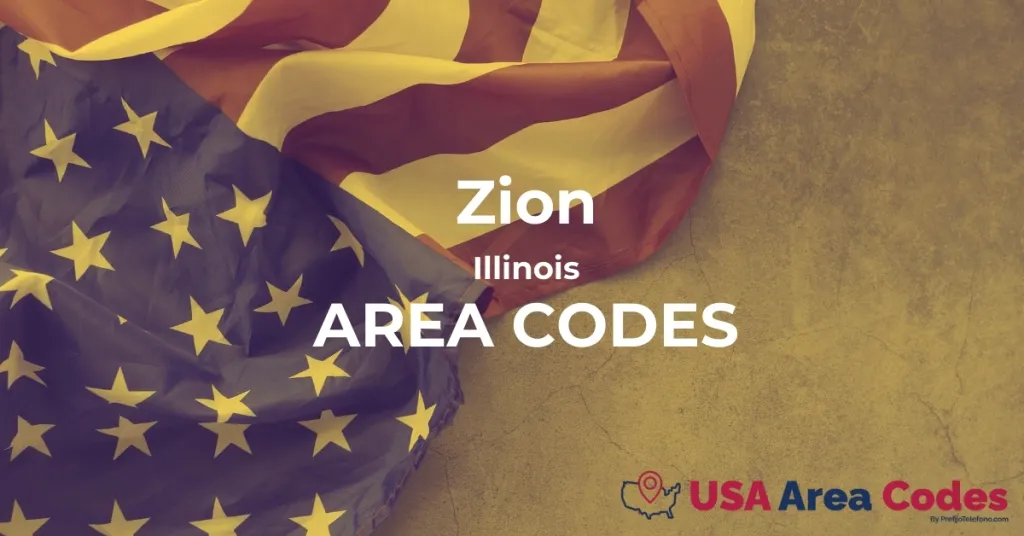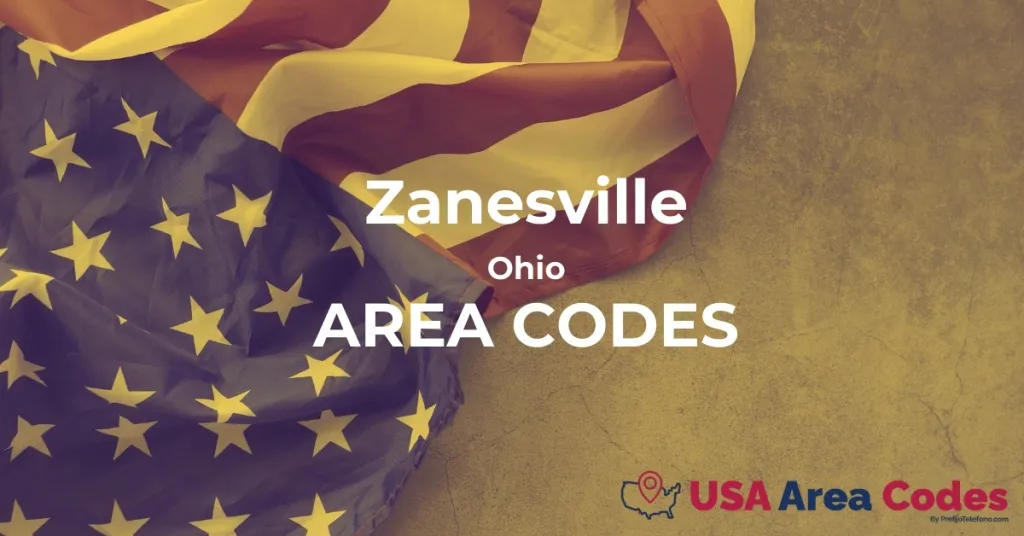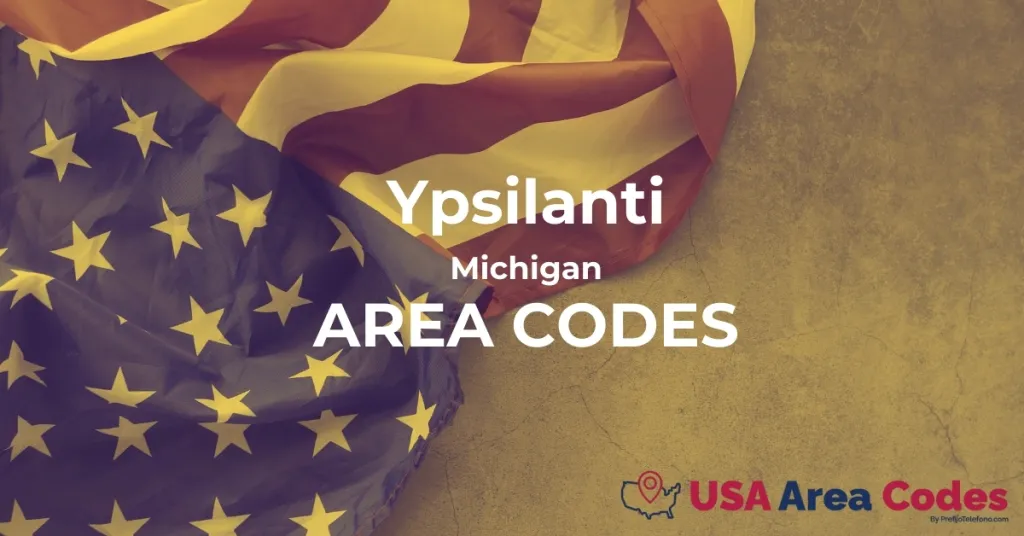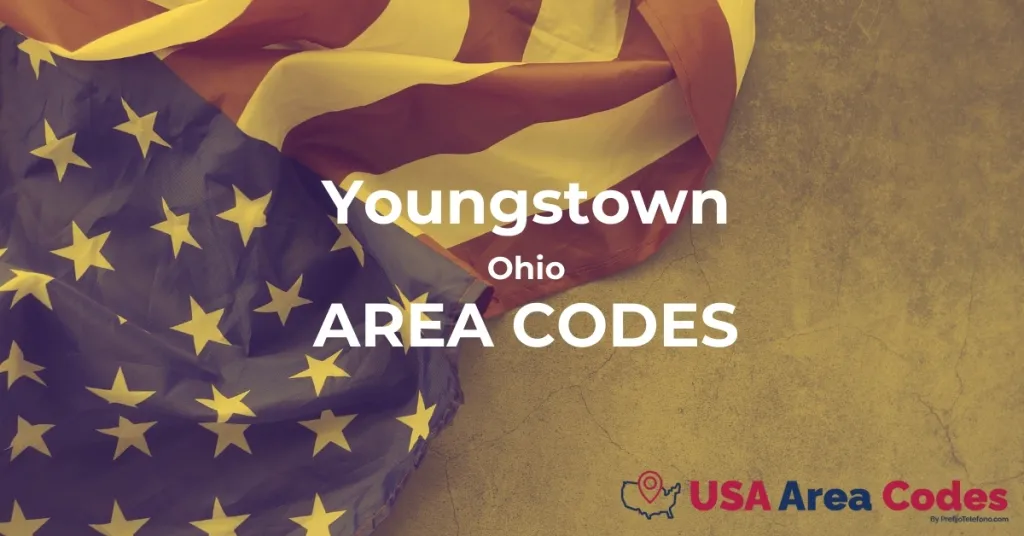Annapolis, Maryland, serves as the state capital and is known for its rich history and role in U.S. naval heritage. Established in 1649, the city was initially named "Providence" and became the capital of the U.S. Congress from 1783 to 1784. As a host to several key historical events, including the signing of the Treaty of Paris, Annapolis has developed a distinctive cultural identity shaped by its maritime roots and colonial architecture.
Annapolis is home to the United States Naval Academy, established in 1845, which influences much of the city's character and economy. The academy attracts numerous visitors and contributes to a vibrant local culture centered around maritime activities, seafood, and waterfront events.
From a telecommunications perspective, Annapolis benefits from its proximity to major metropolitan areas, including Washington, D.C., and Baltimore. The city has seen advancements in broadband infrastructure, aimed at improving connectivity for both residents and businesses. Local initiatives focus on enhancing digital literacy and expanding access to high-speed internet, reflecting a commitment to keeping pace with technological developments.
Diverse neighborhoods showcase a blend of historical significance and modern living, fostering an environment that supports innovation and community engagement. Throughout its history, Annapolis has maintained a balance between preserving its heritage and adapting to contemporary needs in communication and technology.




















